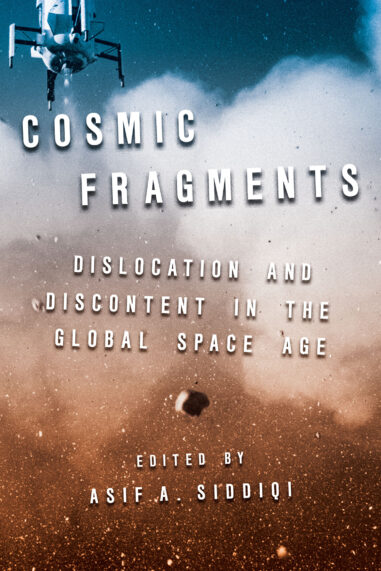Looking beyond the well-trodden, celebratory narratives of space exploration and the powerful nostalgia of lunar landings, Cosmic Fragments focuses instead on the moral ambiguities of spaceflight. Beyond the fetishization of machines, men, and manifest destiny and the Cold War tensions of the space race lies a history rife with violence, racial inequity, colonial ambitions, and catastrophe. This volume yields new insights on the crucial role of environmental damage, Indigenous dispossession, population displacements, infrastructural entanglements, and narratives of decline in space exploration situated within larger questions in the history of science, technology, and the environment. Each chapter explores histories of space travel across nations and regions to better understand the destructive power of infrastructure, waste, and exploitative legal regimes at the height of the space age. Drawing from postcolonial science studies, science and technology studies, and anthropology, contributors suggest that phenomena designed to disenfranchise and dislocate, such as the displacement of Indigenous peoples, were deeply imbedded in the coloniality of space travel. By confronting and challenging problematic early accounts rooted in the cultural mores of settler colonialism, Cosmic Fragments offers a fundamental repositioning of the history of spaceflight.


